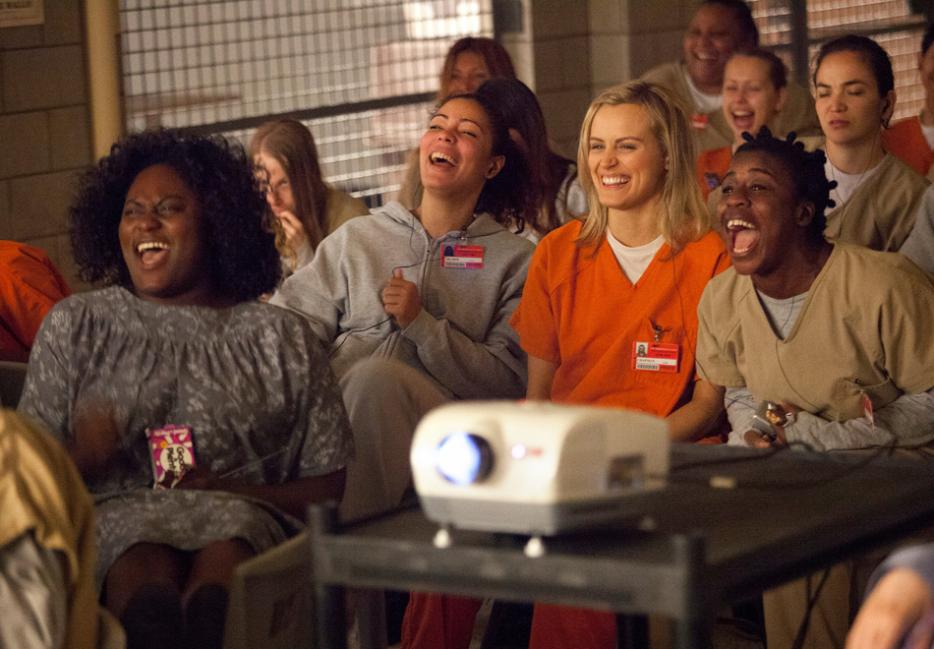There has maybe never been a generation whose members have been quite so aware of their individual self-hoods as the current 30ish-and-under set (you can call us Millennials, if you want to be a dick about it). Inheriting a fabulous sense of self-importance from our Boomer parents, and having grown up in a world where we fill out online profiles more often than government documents, we may not know ourselves, exactly, but we do know that there might be no higher goal to aspire to.
Despite the blisteringly hypocritical complaints of our elders, I don’t know that this is exactly a problem. You could make the case that civilization’s long, slow march has been in the service of providing a broad selection of us the time and intellectual wherewithal to ask big questions, and there aren’t many bigger than, “Why am I here, exactly?” (The examined life: Not just for Socrates anymore!)
If, however, there’s one area in which I might join the hate chorus, it’d be in my generation’s taste for memoir—writing it as much as reading it. Supposedly everyone has a story to tell, but even if you’re willing to grant that, everyone might not be the best choice to tell his or her own story. This isn’t even a matter of skill—there is often something genuinely lost in a single-point perspective. Telling someone else’s story, meanwhile, is an exercise in empathy; letting your story be told is that plus trust, confidence and maturity. It’s the realization that, as far as the world is concerned, your story was not and never will be yours, anyway.
One good way to learn that, it turns out, is to go to prison. As we conceive it, incarceration is sort of the ultimate nightmare for memoirist (and Millennial). It’s the obliteration of both individuality and individual, from the uniforms to the idea of rehabilitation—replacing you with some new, better self.
Orange is the New Black, the first season of which landed on Netflix in its entirety a few weeks ago, is based on a prison memoir, but its genius and joy is in its careful detailing of the surroundings, not the narrator’s stand-in, Piper Chapman (played by Taylor Schilling). A budding yuppie cosmetics distributor busted on a decade-old drug conspiracy charge, Piper is a fine audience surrogate, but the lesson she is learning behind bars is that her problems cease to matter four inches beyond her own face.
Piper gets that lesson most succinctly in the form of her boyfriend, the reliable but schlubby Larry (Jason Biggs). Though he’s ostensibly supportive of her ordeal, he fails to actually comprehend the realities of her life behind bars. Initially, that just means treating Piper’s prison stories—like her spotting of a mythical prison yard chicken—as little more than cooped-up ramblings, but it eventually turns into him actually selling a story about his new life to the New York Times. That he calls it “our story” adds insult to injury: In prison, Piper has no say over her story, even when her name is on it.
The parallels to the classic complaint of the voiceless downtrodden are obvious, but Orange is the New Black isn’t just some white liberal awakening: No one’s collection of problems, no one’s story, is privileged here. Each episode flashes back through the life of a particular inmate in between scenes from prison, shading them in one at a time. No one’s concerns, the structure shows us, are minor or marginal, but they are going to have to live alongside everyone else’s nonetheless.
The finest example of such comes in the episode that focuses on Sophia (Laverne Cox), a transgender firefighter-turned-hairdresser who is incarcerated, we learn, because she committed credit card fraud to pay for gender reassignment surgery. When she is suddenly denied the estrogen pills she needs to keep up her womanly appearance, it’s hard not to sympathize: She was literally desperate enough for womanhood to risk prison time for it.
But Sophia’s moral opprobrium is deflated at every turn. Some of it is just funny or crass, such as the prison admin who calls giving up being a man “like winning the lottery and giving back the ticket,” which is typical of the show’s wryly brutal summation of the battle of the sexes. When Sophia asks her wife to smuggle estrogen in for her, though, our sympathy is blasted with both barrels: This woman, whose family has disowned her for supporting Sophia’s change, who is raising their kid alone, who is working two jobs, has to risk getting caught so Sophia’s skin won’t sag and her chin hairs won’t grow? Her final admonishment, “Man up,” might be the most meaningful two words of television thus far this year, swirling all our gut feelings and moral leanings into a full-on vortex of sympathies.
This is the genius of Orange Is The New Black, emphasized by the fishbowl nature of prison: Your cares, your narrative, your self, they’re always going to bump into everyone else’s. So go ahead, try to know thyself, but know also that you’re never going to escape other people. And know that they’ve been thinking about other people about as much as you have.






